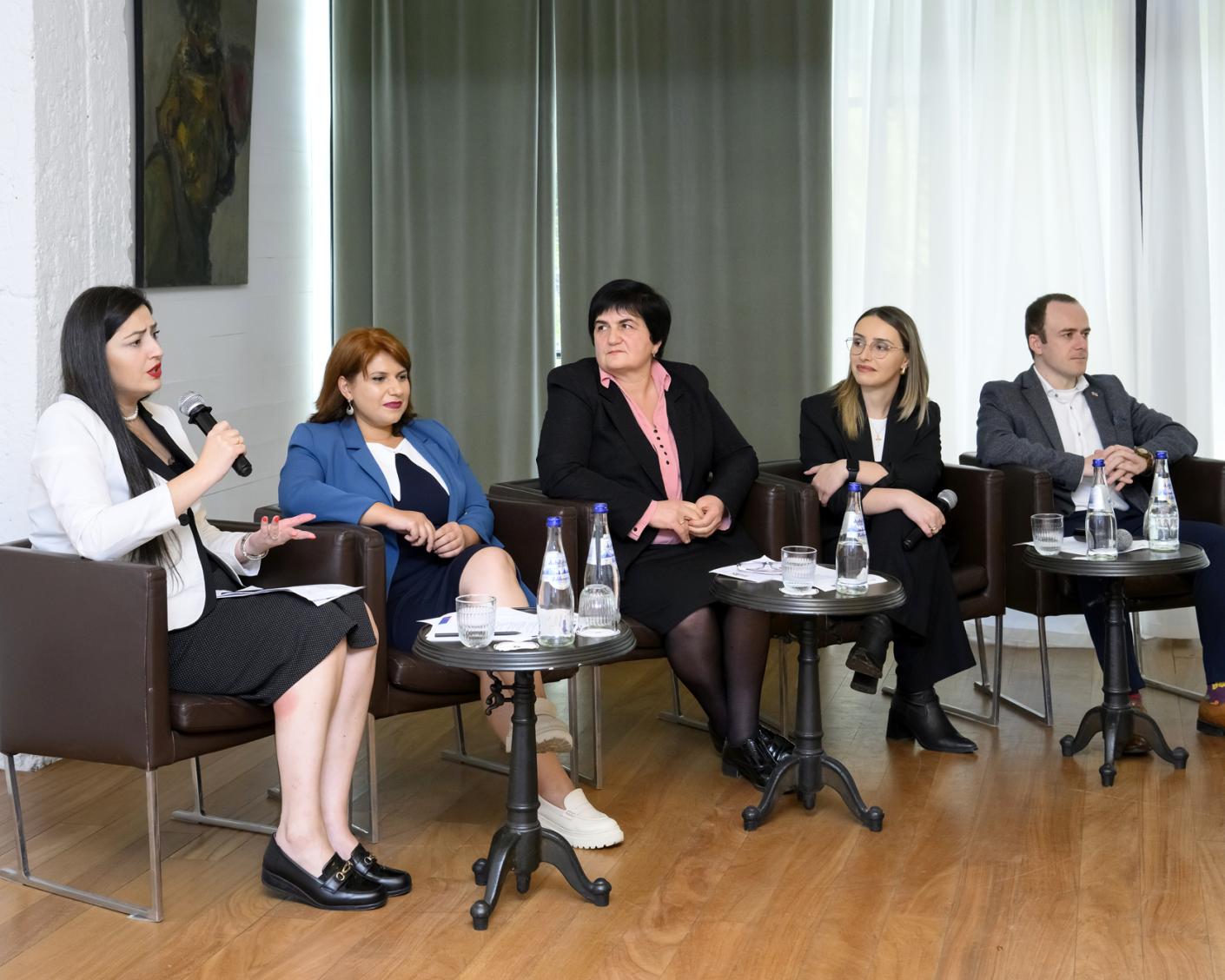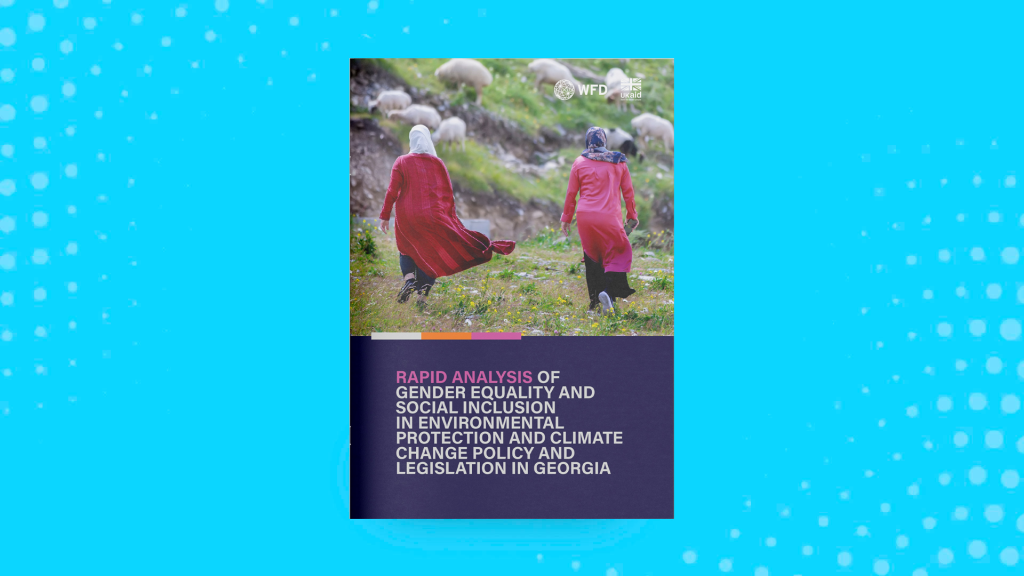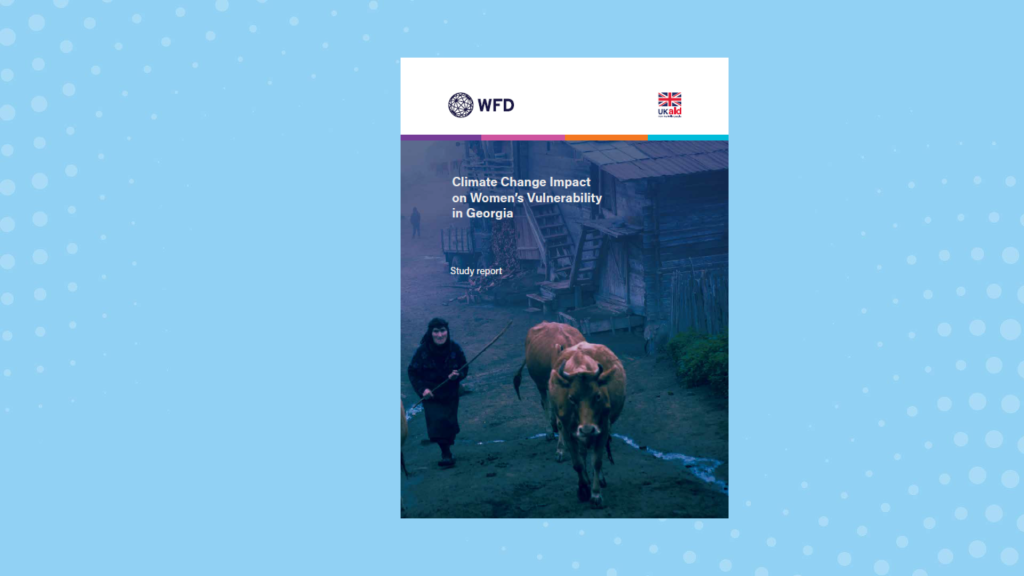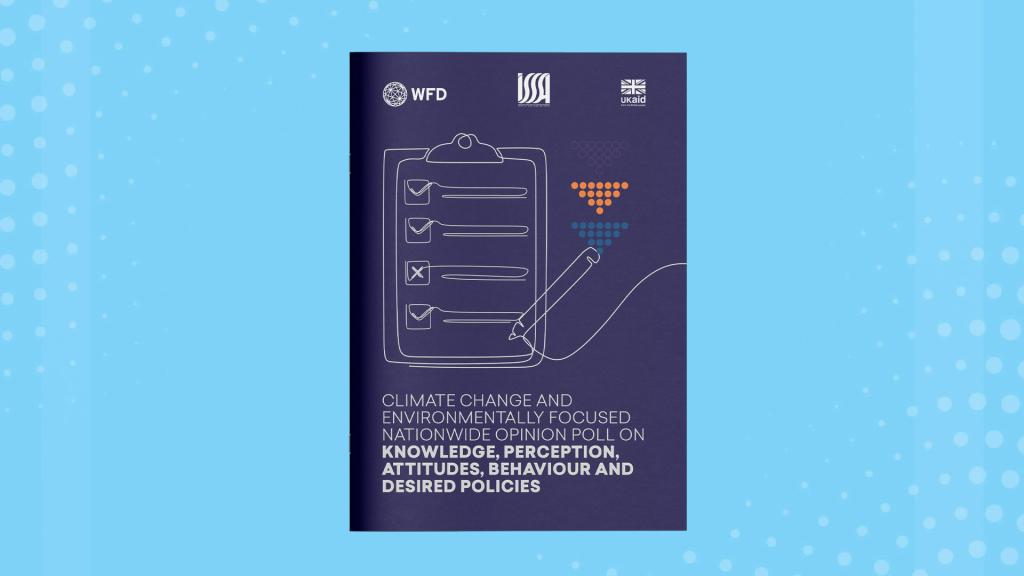Through targeted initiatives, WFD has equipped stakeholders with the tools and resources to enhance transparency, accountability, and public engagement, fostering stronger, more resilient democratic institutions. This work continues to inspire progress, driving a more inclusive and sustainable democratic future for Georgia.
Political context
Georgia is a parliamentary republic. The President is the head of state while executive power is in hands of the Prime Minister and legislative power is in the hands of the Parliament. Georgia’s complex political landscape is shaped by its strategic location and history. Since gaining independence from the Soviet Union in 1991, the country has implemented several reforms to strengthen its economy, judiciary and governance. Georgia has made steps forward to empower international cooperation and fulfil its constitutional obligation to join NATO and European Union. In this regard, an important milestone was achieved in 2014 when the EU and Georgia signed an association agreement as the foundation for Georgia’s political and economic integration with the EU. Due to polarisation and political turbulence, from 2020 there has been significant democratic backsliding and until now Georgia is struggling to find a way to continue its pro-European path and strengthen democracy.
Key areas of work
Current programmes
Advancing Environmental Protection, Climate Change and Democratic Resilience in Georgia
The main goal of this programme is to enable sustainable change in environmental protection and climate resilience through enhanced democratic governance in Georgia. The programme engages with a wide range of democratic, governance and civic actors, including political parties and media, to enhance Georgia’s environmental and climate legal and regulatory framework, promote clean and sustainable energy alternatives, strengthen civil society’s capacities for advocacy and policy dialogue, improve climate and environmental media reporting and support political parties in integrating climate and environment concerns into their political agendas and discourses.
Financial oversight
WFD’s work has seen parliamentary committees increase their role in pre- and post-budget scrutiny. This ensures better monitoring of public finances and use of resources. We encourage stronger engagement with services such as the Parliamentary Budget Office and institutions like the State Audit Office. We have engaged civil society within the budget process, bringing this closer to citizens and providing an avenue for policy alignment with the public’s priorities.
Supporting new parliamentarians
For the first time, a parliamentary staff-led induction scheme for newly elected parliamentarians has been implemented, with WFD support. This provides training and orientation for newly elected MPs, aiding them to understand and fulfil their duties. This allows new members to understand the institution, and to effectively represent citizens right from the start of the convocation.
Reforming parliament’s structure
WFD has advised in the reforming of the parliament’s International Relations Department (IRD). With our support, the IRD’s role has been expanded and clearly defined. To aid the unit meet its new responsibilities, WFD has supported staff training and learning. Through this process, the IRD will play a central role in supporting Georgia’s parliamentary diplomacy, international linkages and global exposure.
Selected key results
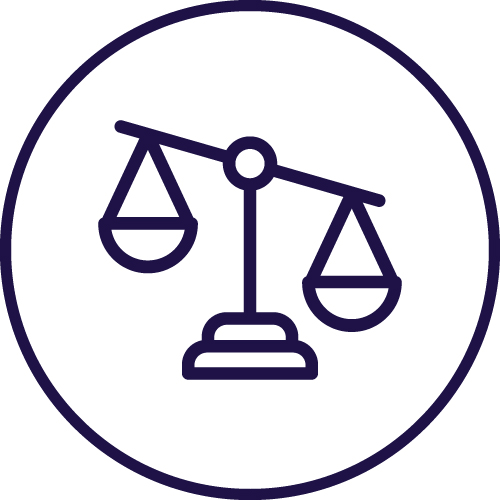
The first ever climate law in Georgia is drafted to better codify Georgia’s environmental and climate commitments and alignment of legal domestic targets with international commitments.

Civil society and other democratic actors have better opportunities, capacities and improved evidence base for meaningful and positive climate and environmental advocacy and policy dialogue.
Media has improved capacities and increased interest in climate and environmental reporting.

Political parties have integrated and prioritized climate change and environmental concerns into their political agendas and discourses
Latest news and commentary
Contact us
Tbilisi
Georgia
